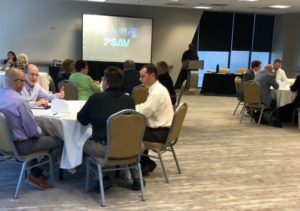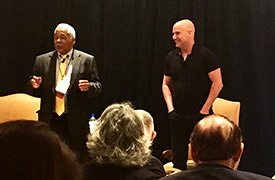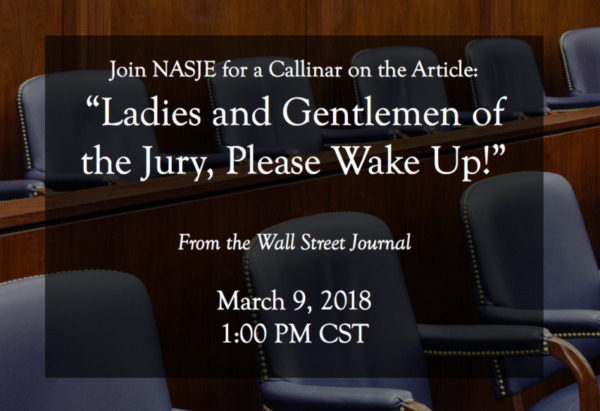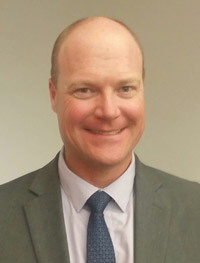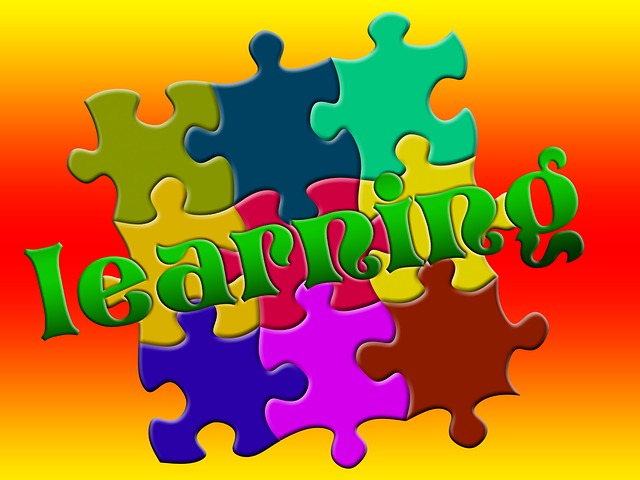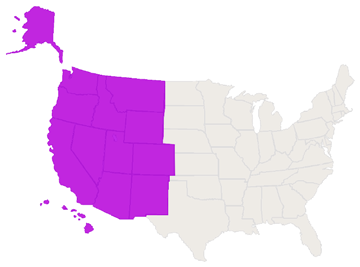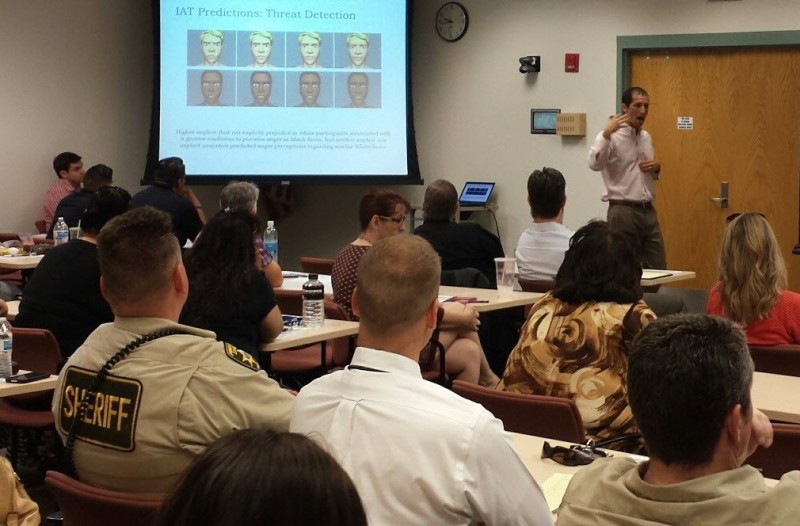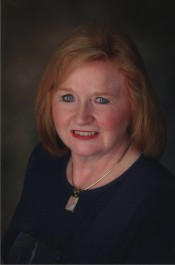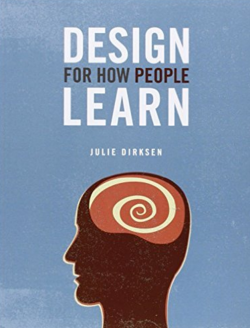NASJE Members Lead Session at NACM Conference
Members of NASJE lent their experience and expertise to a cadre of court leaders from across the nation at the July meeting of the National Association of Court Management in Atlanta. “NACM wanted to offer an educational session to equip Read more

